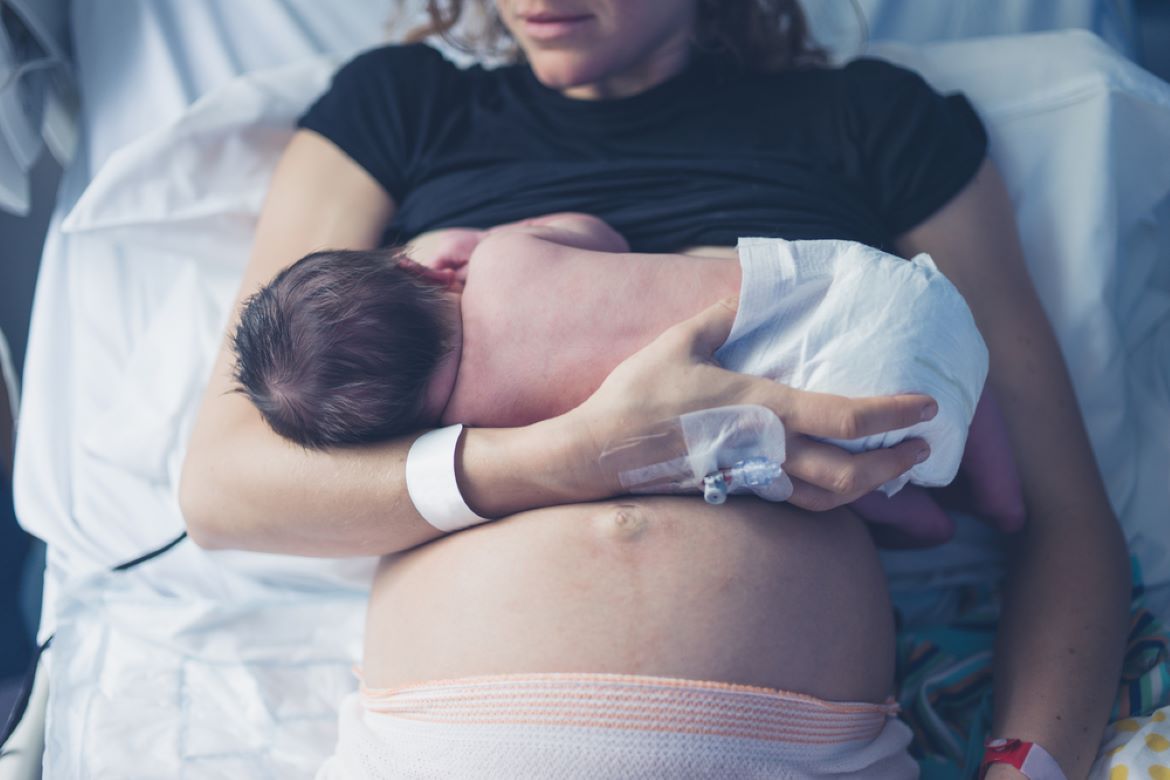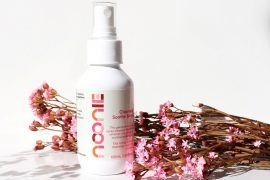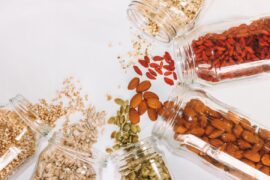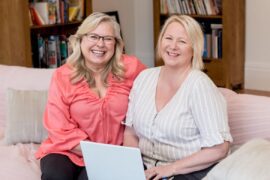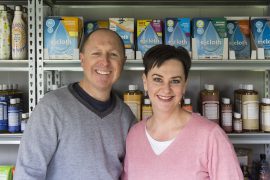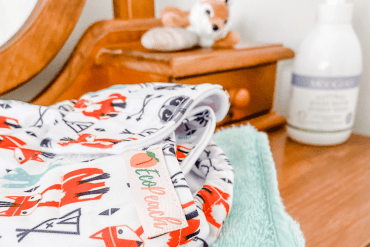All the way through her pregnancy, a woman will have regular check-ups with her GP, midwife or obstetrician. During this time, she will have blood tests, blood pressure checks and ultrasounds, along with the option to attend classes to prepare her for childbirth. She will spend a lot of her pregnancy imagining life with a newborn and most likely feel anxious, especially towards the end of the third trimester, about how painful the birthing experience might be.
One thing that doesn’t seem to be talked about as much though is the post-birth healing process. Of course, there is a huge focus on the newborn baby, yet postnatal care for the mother continues to attract less attention than other parts of the ‘childbirth year’. It is a lot less frequent and thorough than the care received during pregnancy, despite this ‘fourth trimester’ being such an important part of a woman’s journey into motherhood, both for her physical and mental health. The current system seems to forget about the postpartum health of women.
It is important to remember that there is no timeline for the postpartum period. Each mum recovers at a different rate and should listen to her body and allow it to recover gently.
In many cultures traditionally around the world, a new mum is encouraged to rest following the birth of her baby, with much-needed time to recover from childbirth, to learn to breastfeed and to bond with her new baby. Family and friends prepare nutritious meals and help with household chores while she regains her strength and energy. This period can range from 7 – 40 days of care and attention to provide her with the best possible start to her motherhood journey and allow her time to heal.
If we compare this to how the postpartum is widely treated in the modern world, a woman will spend barely a night or two in hospital before being released back into day-to-day life and household chores, with a newborn baby to care for and an unspecified period of recovery ahead. It begs the question, why is it so hard for modern society to slow things down for a postpartum mum? And what if we nurtured new mothers in the same way we nurture newborns?
Surrounding herself with supportive friends and family to help with meals, household chores and cuddles for baby, as well as accredited health professionals to guide and support her through breastfeeding struggles, help rehabilitate her pelvic floor and give nutrition advice for replenishing her postpartum body, will help a new mum feel confident, supported and less overwhelmed on her postpartum journey. But in order to get to this point, it helps a great deal if a woman knows what to expect of this postpartum period.

